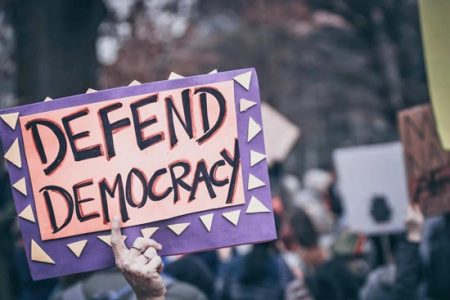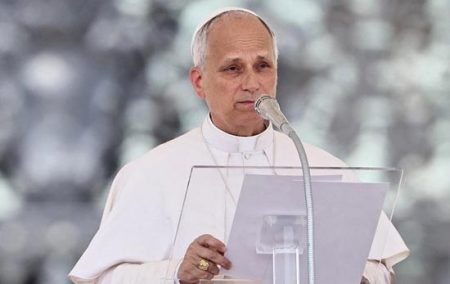Supreme Court Makes Same-Sex Marriage Legal in U. S.

WASHINGTON, DC — In a landmark opinion, a divided Supreme Court on Friday has ruled that same-sex couples can marry nationwide, establishing a new civil right and handing gay rights advocates a historic victory. “No longer may this liberty be denied,” Justice Anthony M. Kennedy wrote for the majority in the historic decision. “No union is more profound than marriage, for it embodies the highest ideals of love, fidelity, devotion, sacrifice and family. In forming a marital union, two people become something greater than they once were.”
Marriage is a “keystone to our social order,” said Justice Kennedy, adding that the plaintiffs in the case were seeking “equal dignity in the eyes of the law.”
With nearly 46 years to the day after a riot at New York’s Stonewall Inn ushered in the modern gay rights movement, the decision was a culmination of decades in litigation and activism by national LGBTQ communities and activist nationwide. It came against the backdrop of fast-moving changes of public opinion, with polls indicating that most Americans now approve of the unions.
The court’s four other liberal justices joined Justice Kennedy’s majority opinion. Each member of the court’s conservative wing filed a ‘separate dissent,’ in tones ranging from resigned dismay to bitter scorn. In dissent, Chief Justice John G. Roberts Jr. said the Constitution had nothing to say on the subject of same-sex marriage.
“If you are among the many Americans of whatever sexual orientation, who favor expanding same-sex marriage, by all means celebrate today’s decision.” Chief Justice Roberts wrote: “Celebrate the achievement of a desired goal. Celebrate the opportunity for a new expression of commitment to a partner. Celebrate the availability of new benefits. But do not celebrate the Constitution. It had nothing to do with it.”
In a second dissent, Justice Antonin Scalia frowned upon the decision of Justice Kennedy, who has become the nation’s most important judicial champion of gay rights. “The opinion is couched in a style that is as pretentious as its content is egotistic,” Justice Scalia noted, (of his colleague’s work). “Of course the opinion’s showy profundities are often profoundly incoherent,” Scalia concluded.
As Justice Kennedy finished announcing his opinion from the bench, people throughout the court’s gallery wiped away tears and exchanged embraces in favor of the court’s decision.








